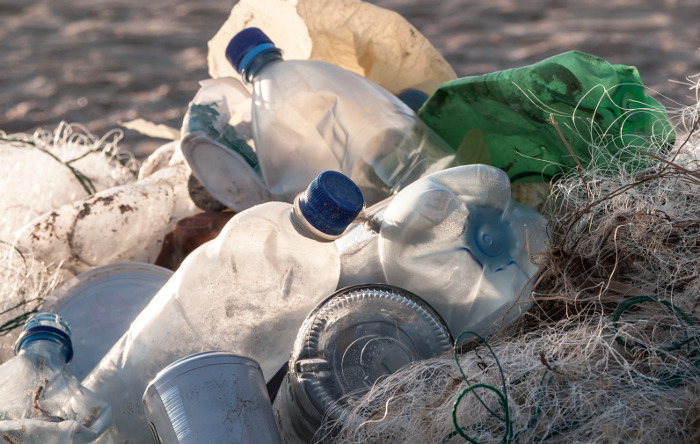Things Not to Scrap
 When you’re working on setting up a program to get the highest sell price for your scrap material, there are a lot of things to keep in mind, such as cleaning, sorting and developing a delivery plan that works best for your business’ needs. But what about materials you shouldn’t be scrapping or shouldn’t scrap as they are? Here are some hints on things not to scrap, and to help you get ahead:
When you’re working on setting up a program to get the highest sell price for your scrap material, there are a lot of things to keep in mind, such as cleaning, sorting and developing a delivery plan that works best for your business’ needs. But what about materials you shouldn’t be scrapping or shouldn’t scrap as they are? Here are some hints on things not to scrap, and to help you get ahead:
Scrap metal is worth more in bulk
When you’re considering a business proposition, are you willing to give up a little more for a larger deal? Of course you are! The same holds true of scrap metal markets. A good supplier is always going to give you a better deal for more scrap metal, so make sure you wait until you’ve got as much scrap as you can deal with before you sell it. If you can set up clean bins or containers in an old corner of your building or shed to hold all the material, you’ll be able to realize a much better return on your scrap.
Avoiding plastics, oils, cardboard and e-waste
This isn’t to say that you shouldn’t recycle these items, but there are a lot of issues that tend to make them more bother than they’re worth. Plastics and cardboard take up a lot of space at your facility, while oils and electronic waste are often considered hazardous materials, requiring special handling or disposal that often will cost you more than the scrap is worth. You should always set up your scrap program to be the most efficient use of your time and resources as you can manage.
Sorting for higher returns
If you had a supplier bring in a mix of parts that you’d have to sort to use effectively, would you be willing to pay top dollar or would you expect a discounted price because of the extra hassle? You’d want a discount to compensate for the man-hours the sorting would take. The same holds true of scrap material. By sorting your scrap by material and grade, you’ll be able to realize top dollar for your scrap. Cleaning also helps in this process, especially for copper and brass, where clean metal pays a premium over dirty or insulated materials.
Now that you know a few of the pitfalls to avoid in scrapping, it’s time to put your plan into action. If you have any questions, please contact us – we’re always happy to help.

Comments are closed